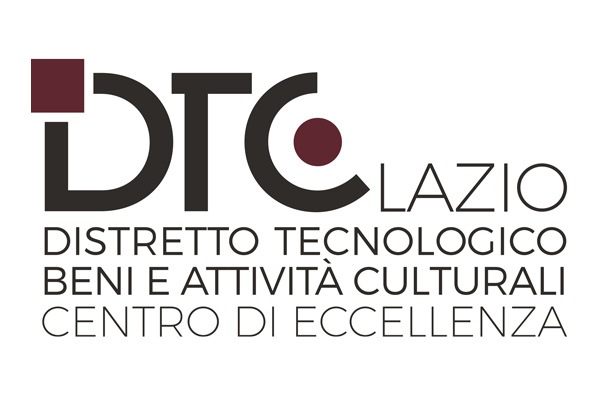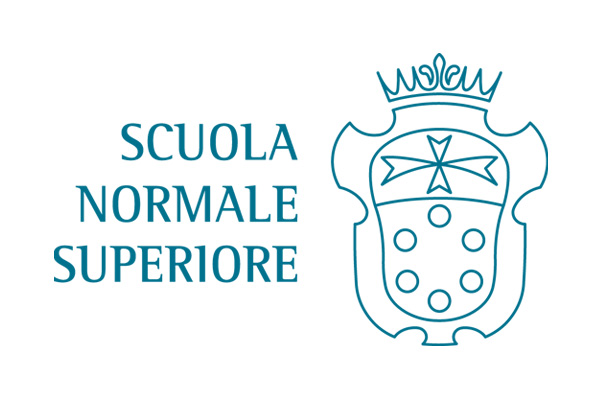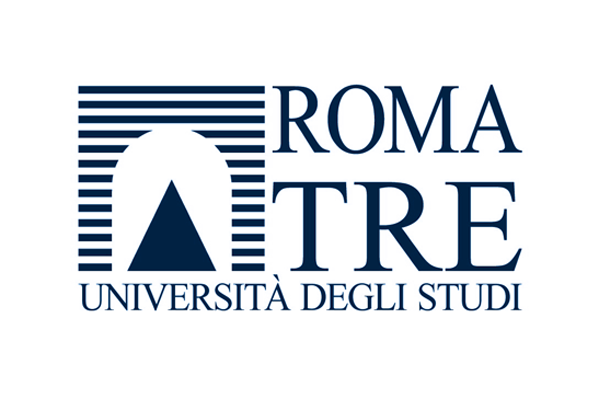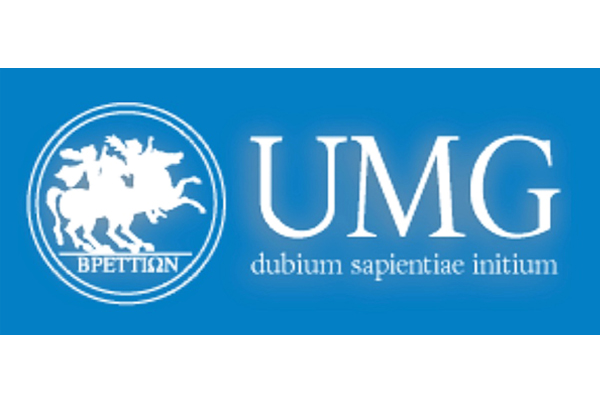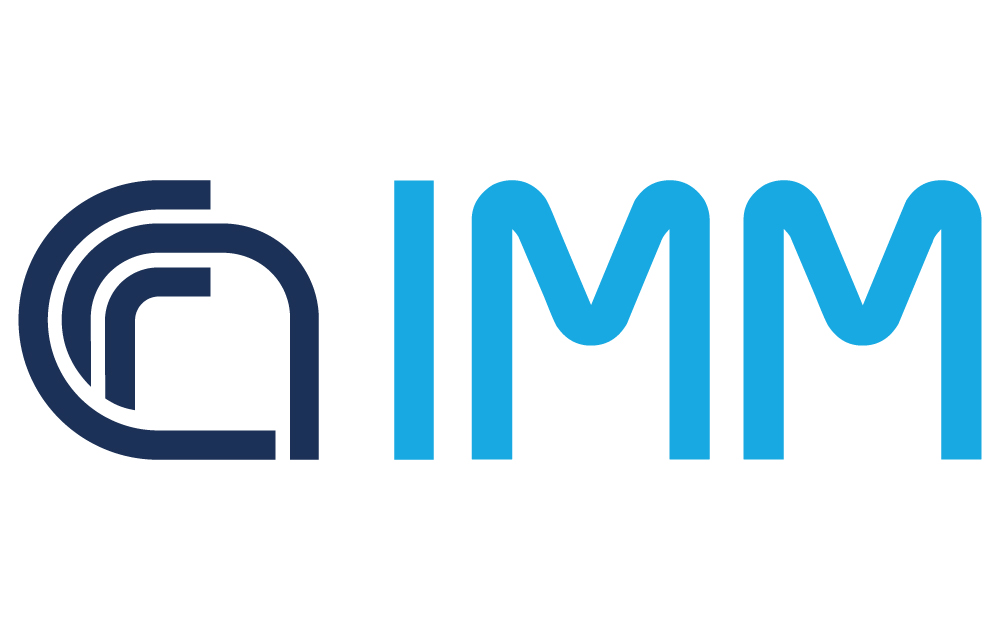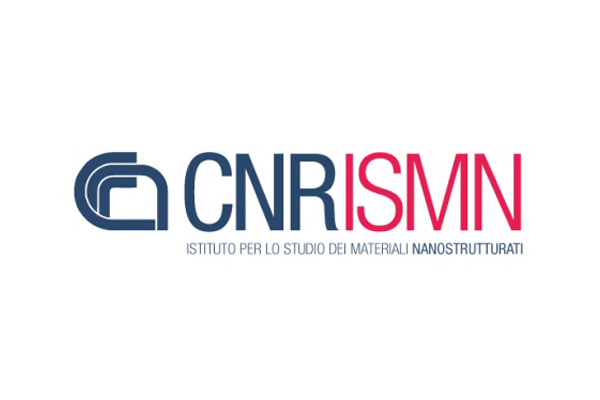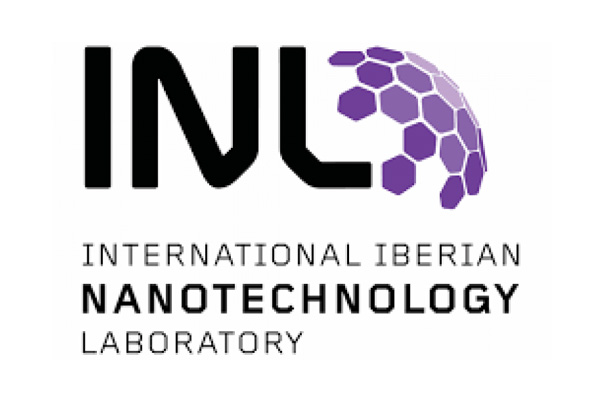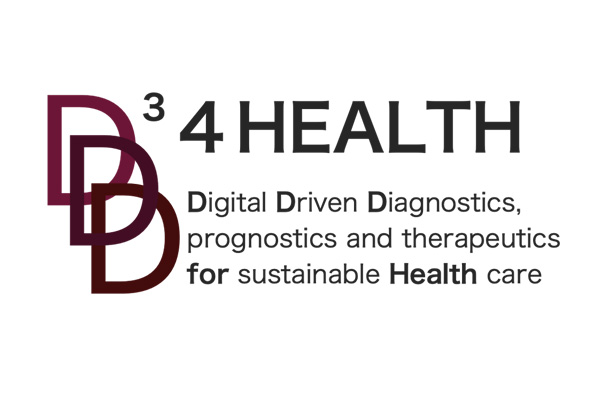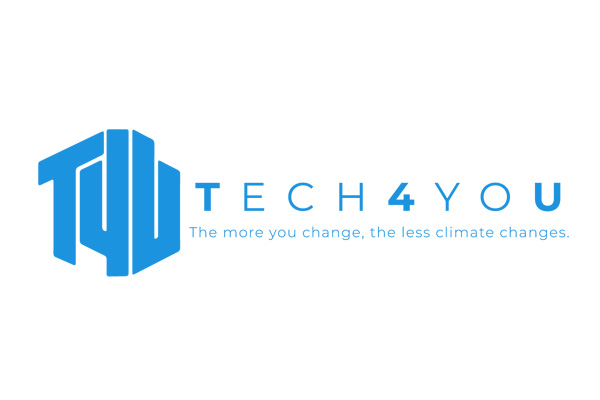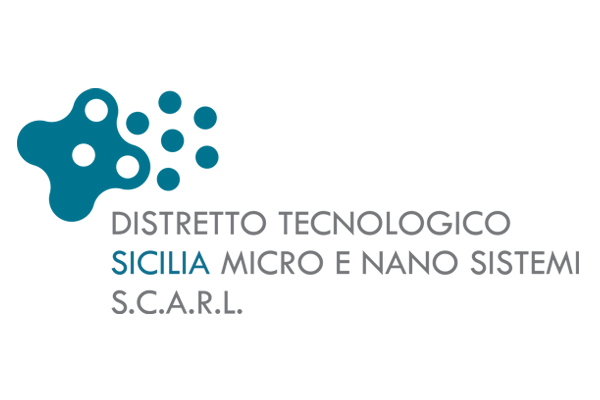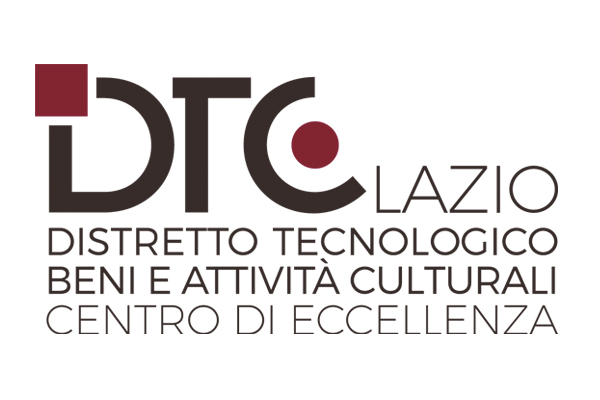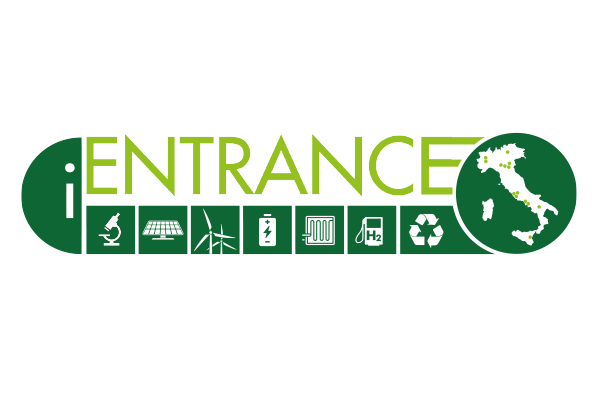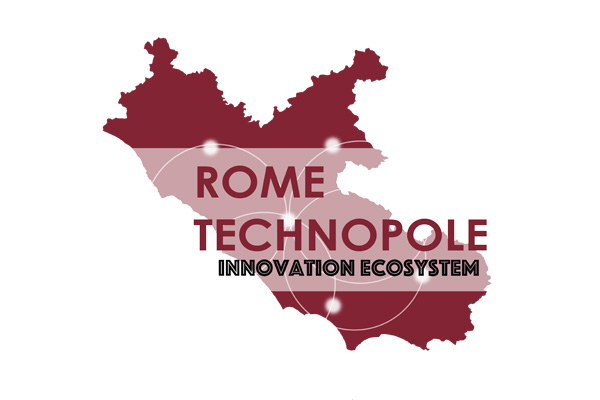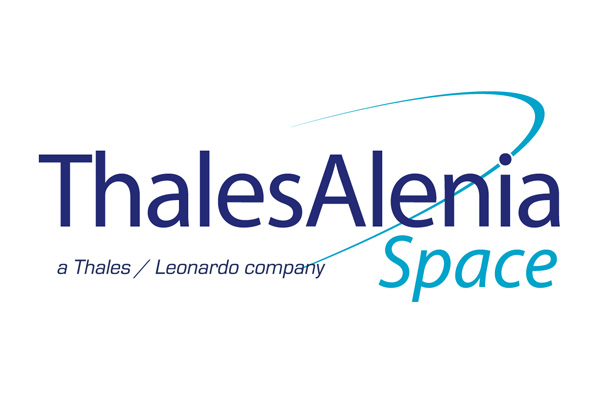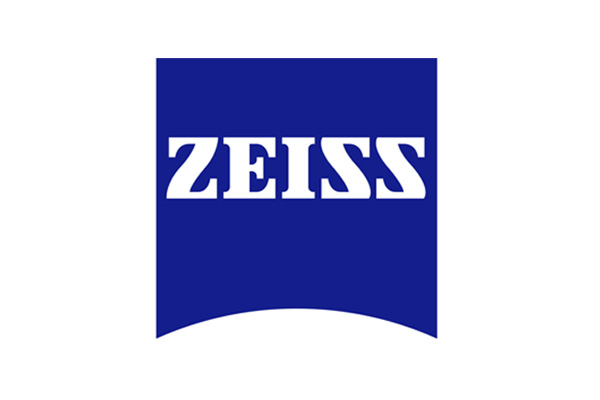
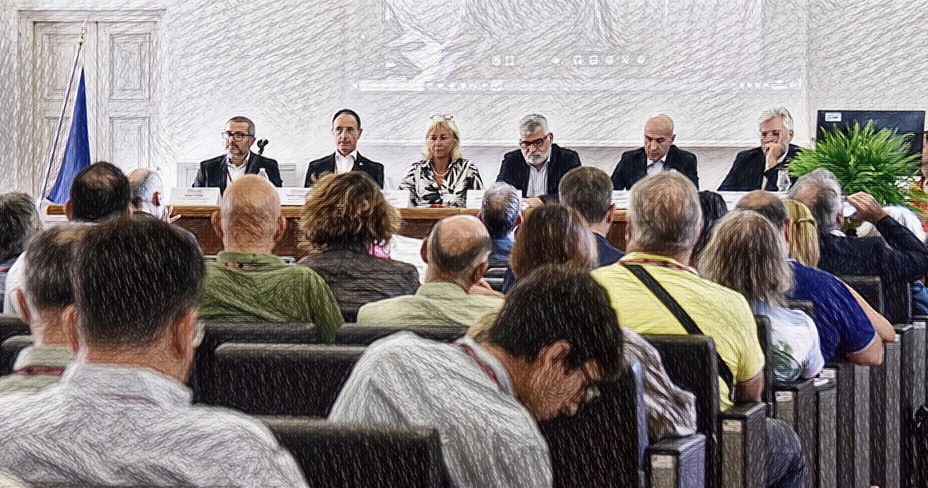 The 2023 edition of the Conference has been structured to host 1 Opening Session dedicated to “Research & Innovation Strategies at the PNRR Era”, 1 Round table dedicated to “Platforms and Open Access research infrastructures for the technology transfer”, 2 Scientific Plenary sessions, 11 Parallel Lecture sessions, 84 Technical Thematic symposia, 9 scientific multi-session Workshops, 2 Special events, 3 Guest events, 2 Joint events, 1 Demonstrative event, 13 BreakOut sessions, 1 School of Nanotechnologies. Finally, 88 posters have been illustrated in two dedicated rooms of the location.
The 2023 edition of the Conference has been structured to host 1 Opening Session dedicated to “Research & Innovation Strategies at the PNRR Era”, 1 Round table dedicated to “Platforms and Open Access research infrastructures for the technology transfer”, 2 Scientific Plenary sessions, 11 Parallel Lecture sessions, 84 Technical Thematic symposia, 9 scientific multi-session Workshops, 2 Special events, 3 Guest events, 2 Joint events, 1 Demonstrative event, 13 BreakOut sessions, 1 School of Nanotechnologies. Finally, 88 posters have been illustrated in two dedicated rooms of the location.
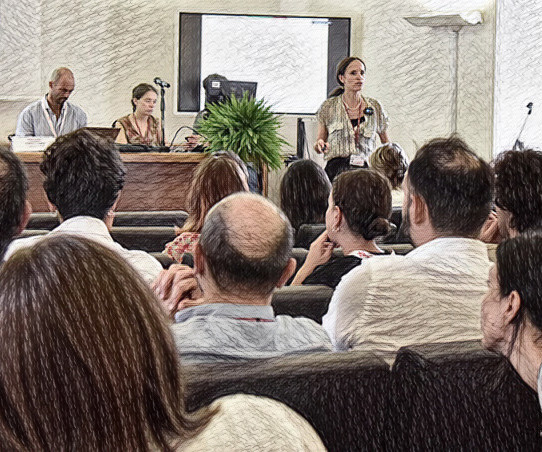 NanoInnovation 2023 can acknowledge 1.721 registered participants, 1.218 of whom present at the conference site, with the remainder remotely connected.
NanoInnovation 2023 can acknowledge 1.721 registered participants, 1.218 of whom present at the conference site, with the remainder remotely connected.
The conference symposia have been proposed and organized by 17 co-organizers, whose contribution is warmly acknowledged. They fully understood and interpreted at the best the bottom-up principle, which is traditionally the structuring method of our event.
We are particularly indebted to all the colleagues participating in the event, including more than 500 speakers and chairs who greatly managed the dense programme of NanoInnovation. They shared their knowledge and expertise, filling of interesting contents the conference.
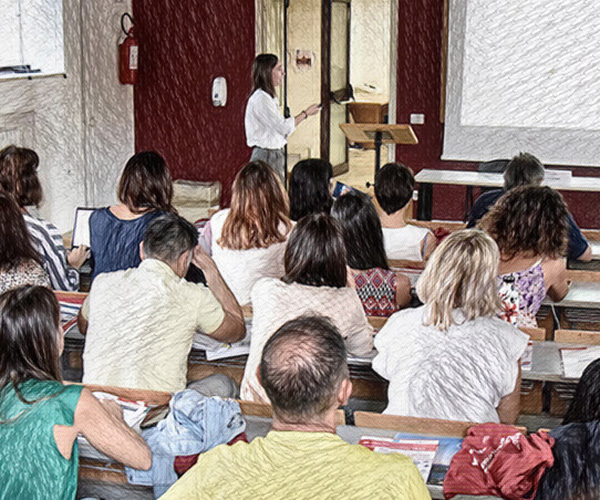 We warmly thank the 23 exhibitors, the 12 supporters, and the 17 institutional and scientific patronages, whose contribution helped in keeping NanoInnovation an open event with free access for all people interested in nano-bio-technologies and the other key enabling technologies.
We warmly thank the 23 exhibitors, the 12 supporters, and the 17 institutional and scientific patronages, whose contribution helped in keeping NanoInnovation an open event with free access for all people interested in nano-bio-technologies and the other key enabling technologies.
Our deepest appreciation to Sapienza University of Rome for the kind hospitality, support and contribution. We are particularly grateful to the Faculty of Civil and Industrial Engineering (ICI) for allowing the access to the Renaissance Cloister and to the Department of Basic and Applied Sciences for Engineering (SBAI) for the support during the preparation of NanoInnovation 2023.
The organizers are really proud of the achieved figures, which confirm that, despite the hard social situation affected by the war and related geopolitical issues, the technical-scientific community belonging to nanotechnology is actively working to realize and exploit new research activities, applications and innovations and is still strictly connected and that the modern communication tools can help to support the scientific discussion.




